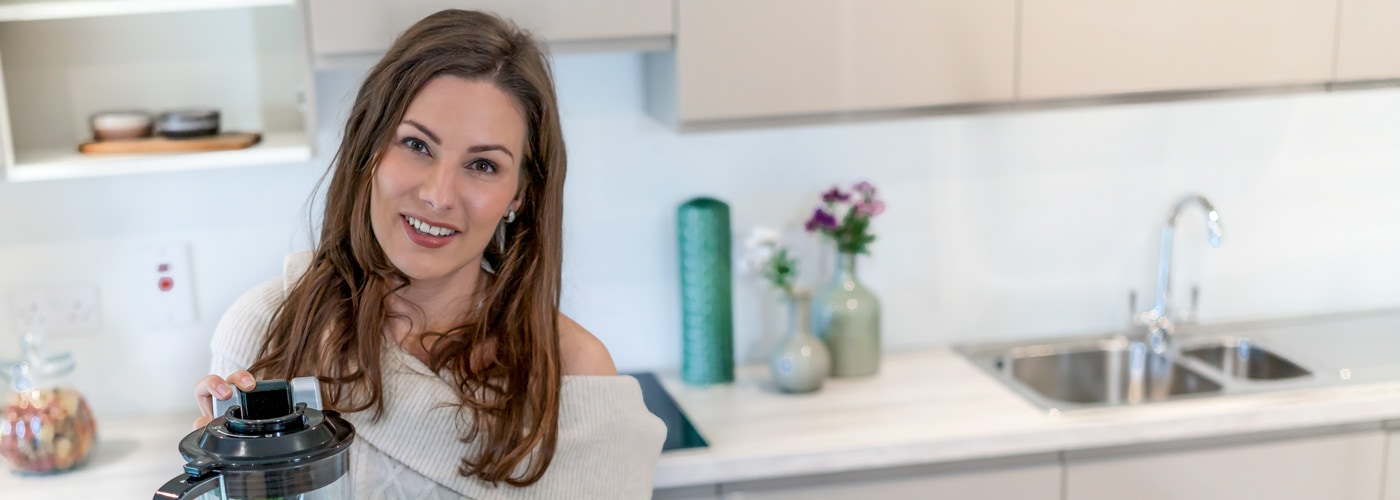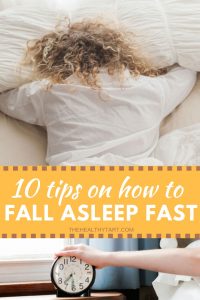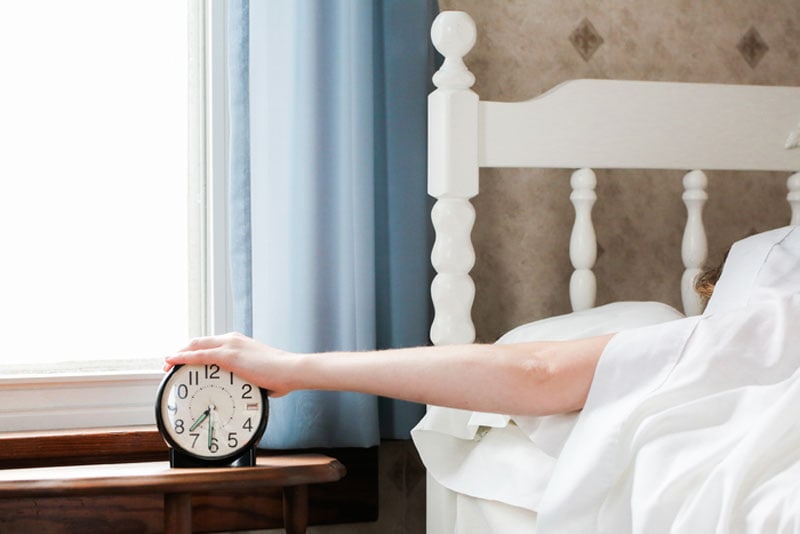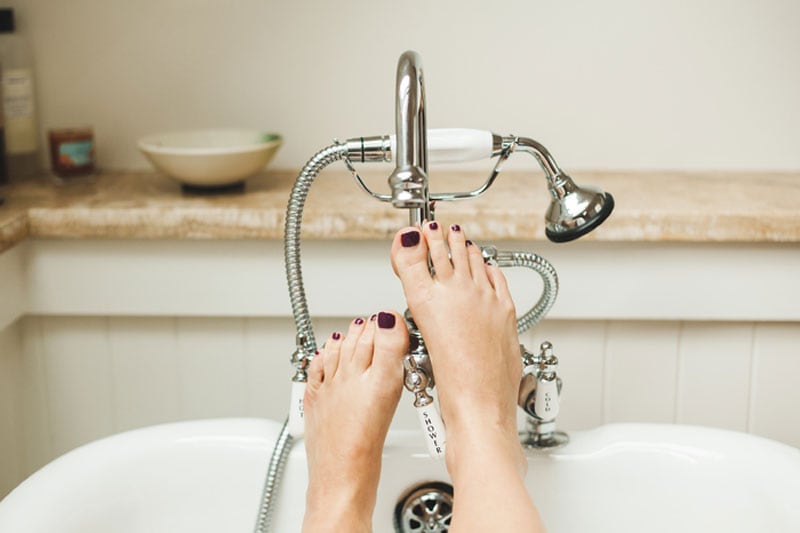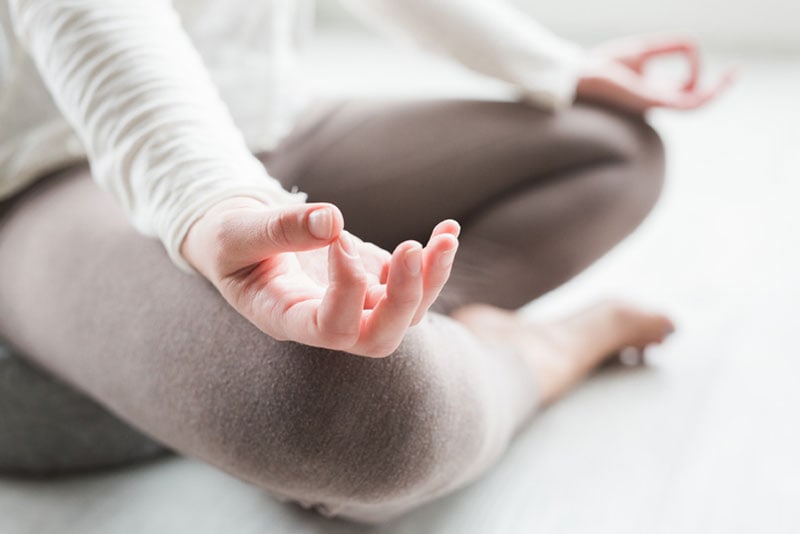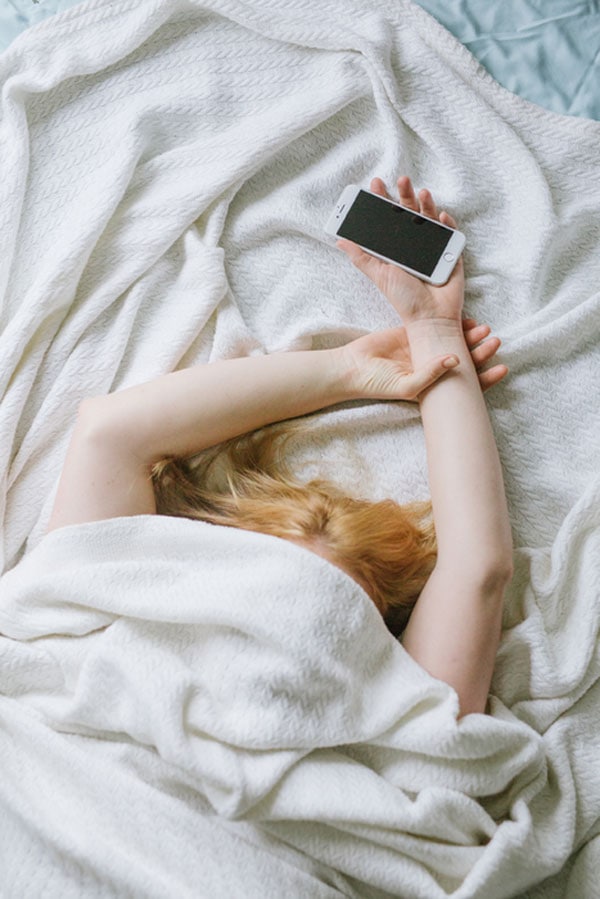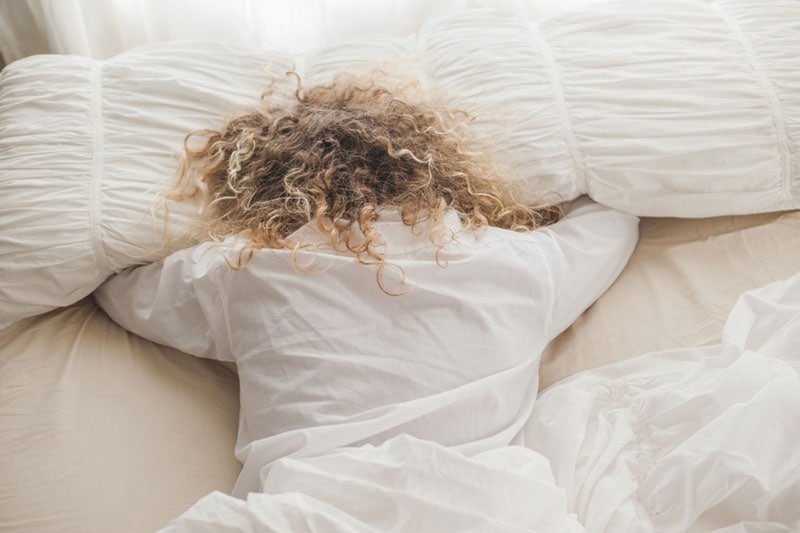
The topic of sleep and sleep hygiene has really gained traction recently, yet there are many people who will proudly tell you how little sleep they need and consider it as a badge of honour. The importance of sleep and how vital it is to our health is often underrated and misunderstood. In this article, I will share my favourite tips with you on how you can optimize your sleep routine.
Why is sleep so important?
Our bodies adhere to a strict rhythm which is called the circadian rhythm. Once this rhythm gets disturbed we can quickly witness the negative side effects on our physical and mental health. While we are “asleep” our body switches into repair mode and by depriving the body of sleep we stop it from executing these vital functions.
Weight loss
You might be surprised to find out that not sleeping enough is a surefire way to gain weight. People who don’t sleep enough tend to make unhealthier food choices and eat additional calories. Also, when you eat late at night your body digests it and stores it for later. As long as this process is taking place your body isn’t able to burn the already stored fat which prevents you from losing weight. Furthermore, you also distract your body from executing other important processes that are supposed to take place while you are asleep. Repair & Detoxification Your body repairs and detoxifies at night from all the toxic byproducts that have accumulated during the day. It also produces different hormones such as melatonin and human growth hormone. In fact, people who have insufficient sleep produce less human growth hormone which is particularly important for children and young adults. This repair process takes place throughout your entire body, helping your skin to regenerate, your joints to move smoothly and to generally fix and regenerate what needs be.
Learning and Memory Consolidation
By now you might have realised that our bodies don’t really switch off while we sleep. In fact, they are really busy and so is the brain. If you are struggling with forgetfulness you should try to get in some extra zzzs. At night, our brain consolidates memories based on the sensory information we took in during the day by backing up this information as it creates new synapses or connections between different neurons.
Processes that follow the Circadian Rhythm
6pm -12am
- Melatonin begins to rise
- Body cools down
- Stomach acid production peaks
- Saliva production slows down
- Gut motility slows down
- Growth hormone rises
- Gut lining and skin repair
- Deep Sleep
- Memory consolidation
- Body temperature rises
12am -6pm
- Melatonin declines
- Bowel movements likely
- Cortisol rises
- Better glucose regulation
- Better immune response
- High Alertness
- Muscle primed for exercise
- Motor coordination peaks
Tips to fall asleep fast
- Stay away from screens for at least 60-90 minutes before going to bed. I know this is a tough one, most of us like to catch up on our social media channels while we lie in bed, but the blue light emitted by the screen hinders the production of the sleep hormone melatonin and therefore, you won’t be able to fall asleep. Most devices come with a blue light filter or a night mode, make sure to activate it on all your devices. If you like watching TV in the evening consider buying a pair of blue light blocking glasses or even better, read a book instead.
- Set an alarm on your phone to remind you when your winding down time begins. Don’t exercise late, watch action movies that wind you up and dim the lights if you can. Don’t expose yourself to bright LED lights at this stage.
- Remove any light emitting devices from your bedroom. Make sure to have properly fitted blackout curtains and to cover light sources like radio alarm clocks. Ideally, you want your room to be pitch-black.
- Get an alarm clock, the reason why most people don’t want to remove their phones from the bedroom is that they use their phone as an alarm clock. If you keep your phone beside your bed you will be tempted to use it before going to bed or when you wake up at night. Don’t take the risk, simply buy an old fashioned alarm clock.
- Sleep in a cool bedroom, the optimal room temperature for a good night sleep is between 16-18 degrees Celsius.
- No caffeine after lunchtime. If you struggle to fall asleep cut out the coffee and black or green tea after lunchtime. Even if you think that coffee doesn’t affect you, coffee has a half-life time of 5-8 hours, which could keep you from getting your shut-eye. Replace it with your favourite herbal tea. A simple cup of camomile tea during your winding downtime can be very relaxing.
- Diffusing Essential oils such as lavender oil can help you to calm down and relax before you go to bed.
- Keep a notepad beside your bed if you are constantly thinking about your to-do list for the next you won’t be able to fall asleep. Better than going over it, again and again, is to quickly write it down, then you can forget about it.
- Relax, take an Epsom salt bath twice a week, try yoga nidra (a form of sleep meditation) or listen to sleep stories or sounds.
- Expose yourself to bright light in the morning. As important it is to give your bodies hints in the evening that it’s time to sleep by blocking out unnecessary light, as important it is to let it know when it’s time to wake up. Our modern-day life predominantly takes place indoors but being exposed to daylight is important for multiple reasons. It initiates the production of Vitamin D and also gives important clues to our circadian clock. A lack of Vitamin D is related to a lack of sleep and disrupted sleep. Easy ways to get in more daylight in the morning is to enjoy your coffee/ tea in the garden or on the balcony. Maybe you could get off a bus stop early or park the car a little bit further away from work. This will also help you to get in a few extra steps.
Like it? Pin it for later!
Book recommendations on sleep optimisation
If you would like to dive deeper into the subject of circadian rhythm, time-restricted eating and sleep I can highly recommend reading
Why We Sleep: The New Science of Sleep and Dreams by Matthew Walker (affiliate)
Your turn
Are you struggling with sleep and what are you already doing to improve it? Let me know, I’m looking forward to reading your comments. For more updates follow me on Facebook, Twitter, Instagram, Pinterest or subscribe to my YouTube channel!
